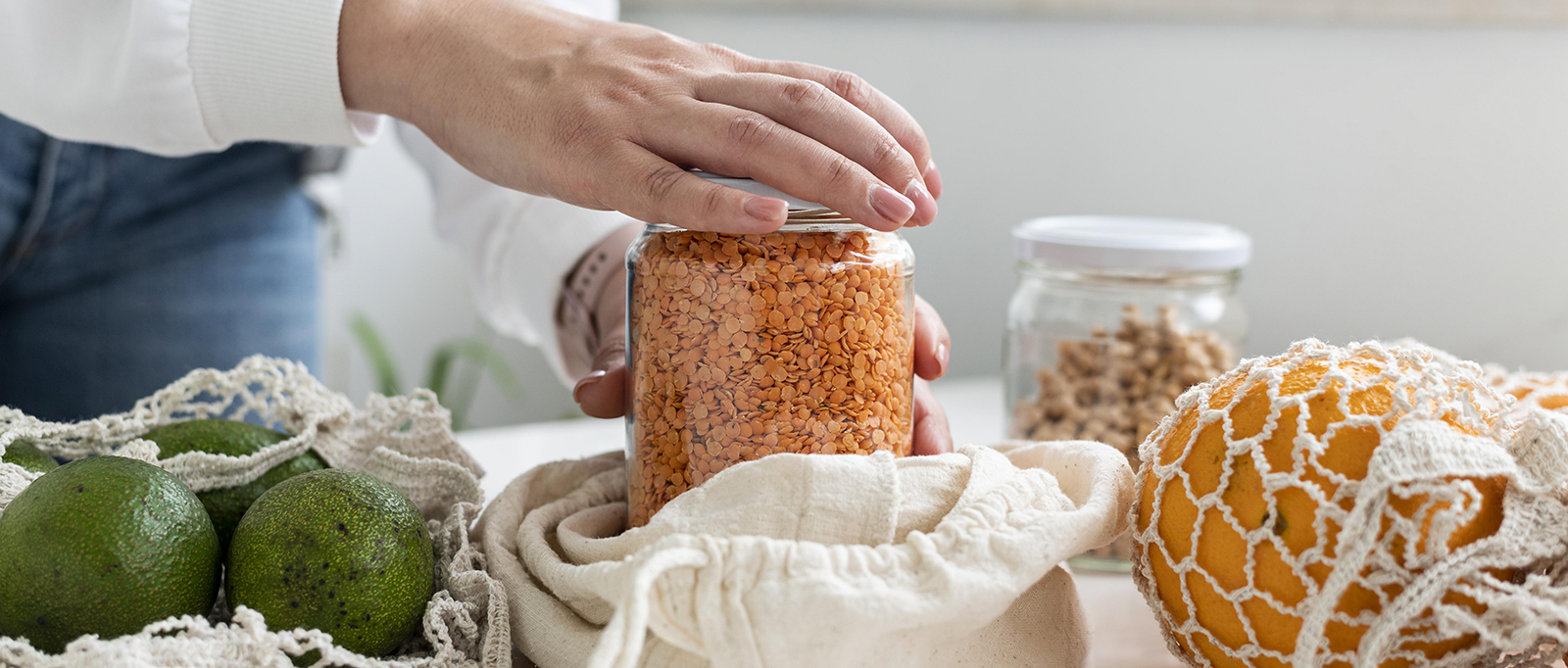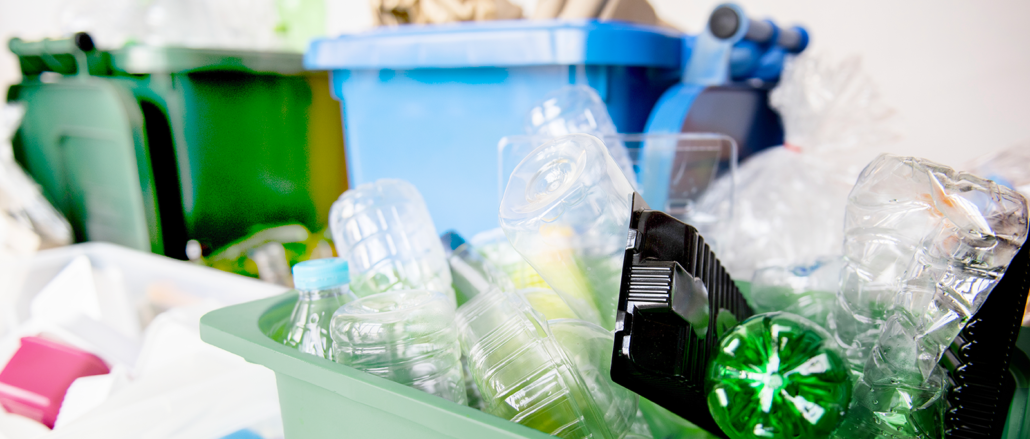
Pollution from plastic packaging
Plastic packaging pollution is a major environmental problem. Plastic packaging is often used for single-use products such as water bottles, shopping bags and food packaging.
Such packaging is often discarded after a single use, and often ends up in the environment. Plastic takes hundreds of years to decompose, and can cause irreparable damage to the environment.
Plastic waste can also be ingested by marine animals, which mistake it for food. According to WWF, every year around 8 million tonnes of plastic end up in our oceans.
Finally, the production of plastic and the management of the associated waste generate greenhouse gas emissions, which contribute to climate change. Reducing the use of plastic packaging is therefore a major challenge for the preservation of the environment and biodiversity.
What is consuming in bulk?
Bulk consumption consists of buying food, hygiene or cleaning products without packaging, in quantities chosen by the consumer, in order to reduce waste and the environmental impact associated with the production and management of packaging.
Bulk products can be found in specialist stores, but also in dedicated supermarket sections. Consumption in bulk reduces plastic waste and limits greenhouse gas emissions from the production and transport of packaging. It also makes it possible to better control the quantities purchased, and thus to reduce food waste. Finally, it encourages more responsible and environmentally friendly consumption.
Why consume Bulk?
Waste reduction: bulk consumption reduces waste in a number of ways. Firstly, it allows you to buy products without packaging or with reusable packaging, which reduces the production of waste linked to disposable packaging.
Reduced food waste: by buying products in bulk, consumers can better control the quantities they buy, which reduces food waste and means less food goes into the garbage can.
Save money: bulk products allow you to choose the exact quantity you need, so you can better control your spending and avoid food waste. Bulk shops often offer lower prices than supermarkets for products of equivalent quality, because they don’t have to pay for packaging.
Reduce your carbon footprint: bulk stores often offer organic and local produce, which reduces greenhouse gas emissions linked to product transport.
Bulk consumption is therefore a practice that reduces waste, costs and the environmental impact of our consumption.
If you’d like to learn more about the practice of bulk, listen to the first episode of our WeAreCircular podcast with Célia Rennessonco-founder of the Réseau Vrac association.
That’s why CircularPlace has developed a marketplace allowing the resale of your non-food waste between professionals, and puts you in touch with non-profit organizations to recover your products.
You can also opt for a white label solution that will allow your company to circularize your equipment internally and to engage your employees around ecological themes.
Don’t throw away any more, opt for the second hand!
Read also
Questions about CircularPlace?
Want to follow us?
Subscribe to our newsletter!



